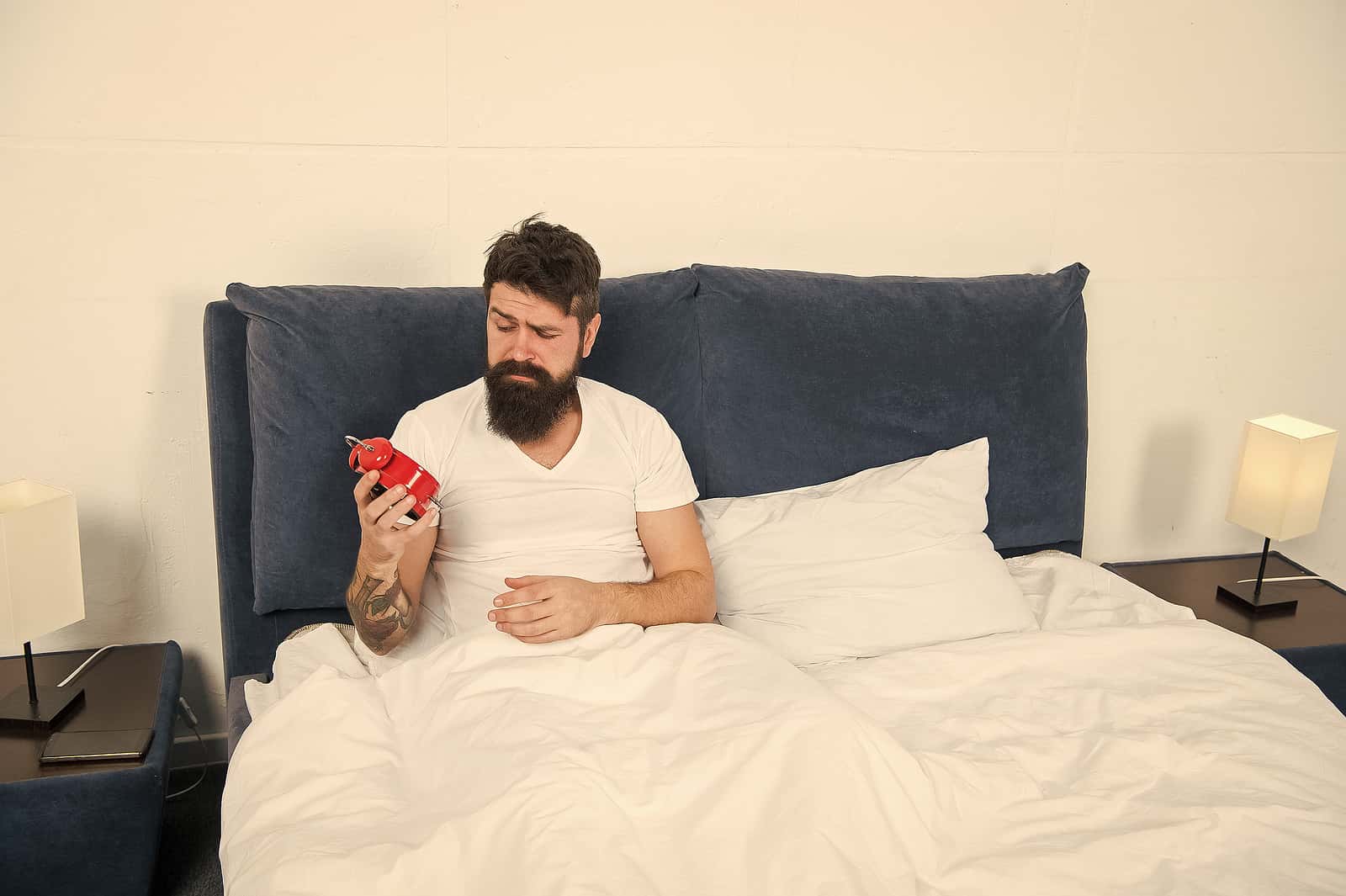
When do you go to sleep? Are you a night owl or an early bird? The answer to that question has implications for your risk of cardiovascular disease.
Finding a Good Time to Go to Sleep:
A study in the European Heart Journal-Digital Health (Nov. 9, 2021) used big data to narrow down the healthiest bedtime. Investigators collected data from more than 88,000 individuals in the UK Biobank database. Each volunteer wore an accelerometer for a week to measure activity and sleep time. In addition, they answered extensive questionnaires about exercise, diet and health. The scientists then followed up on their health status for the next five years. When any participant was diagnosed with a heart attack, heart failure, chronic heart disease, stroke or transient ischemic attack (TIA), their physicians notified the research team.
The Best Time to Go to Sleep:
People who went to bed between 10 and 11 pm had the lowest risk of heart attacks, strokes and other cardiovascular complications. Those who waited until after midnight before they slept were more likely to have a cardiovascular complication. Surprisingly, those who turned in before ten also had a higher chance of a problem. The scientists found this link was especially strong for women.
The study could not determine if it is their late bedtime per se or other characteristics of night owls that might increase their risk. People who go to sleep after midnight tend to be heavier, which could also contribute to cardiovascular troubles.
Learn More:
If you have trouble sleeping, you may want to check out our eGuide to Getting a Good Night’s Sleep. Another resource that could be helpful is our interview with Dr. Rafael Pelayo. It is Show 1268: Learning How to Sleep. In addition, Dr. Charlene Gamaldo offers advice on Getting the Sleep You Need Even in Anxious Times in Show 1246.
Citations
- Nikbakhtian S et al, "Accelerometer-derived sleep onset timing and cardiovascular disease incidence: a UK Biobank cohort study." uropean Heart Journal-Digital Health, Nov. 9, 2021. https://doi.org/10.1093/ehjdh/ztab088

